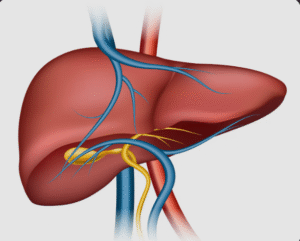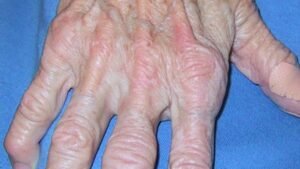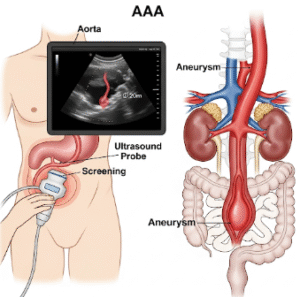Overview
Cyclothymia, also known as cyclothymic disorder, is a mild but chronic mood disorder characterized by fluctuating periods of hypomanic and depressive symptoms. Unlike bipolar disorder, these mood swings are less severe but can persist for years, affecting daily life, relationships, and productivity. Early recognition and treatment improve long-term outcomes. In South Korea, mental health services provide comprehensive care, including counseling, therapy, and medication management.
What is Cyclothymia?
Cyclothymia is a chronic mood disorder involving alternating periods of elevated (hypomanic) and depressed mood, without meeting the full criteria for bipolar I or II disorder. The symptoms are less extreme than in full-blown bipolar disorder but are persistent and recurring over at least two years in adults (one year in children/adolescents).
Symptoms
Hypomanic Symptoms:
- Elevated or irritable mood
- Increased energy or activity
- Reduced need for sleep
- Talkativeness or racing thoughts
- Risk-taking behavior
Depressive Symptoms:
- Low mood or sadness
- Fatigue or low energy
- Difficulty concentrating
- Sleep disturbances (insomnia or hypersomnia)
- Feelings of hopelessness or low self-esteem
Additional Signs:
- Mood swings lasting days to weeks
- Interference with work, school, or social life
- Periods of stability between mood changes
Causes
- Genetics: Family history of bipolar disorder or other mood disorders
- Neurochemical imbalances in the brain
- Stressful life events or trauma
- Hormonal or biological factors
Risk Factors
- Family history of mood disorders or cyclothymia
- Early onset of mood swings in adolescence
- Chronic stress or high-pressure lifestyle
- Substance abuse, which may exacerbate mood fluctuations
Complications
- Increased risk of developing bipolar disorder
- Relationship conflicts or social difficulties
- Occupational or academic problems
- Substance abuse or self-medication
- Risk of major depressive episodes
Prevention
- Early recognition of mood patterns
- Stress management and healthy lifestyle
- Avoiding alcohol or drugs that affect mood
- Maintaining regular sleep and activity schedules
- Seeking prompt mental health support for persistent mood swings
Treatment Options in Korea
South Korea offers a wide range of mental health services for cyclothymia, including therapy, medication, and ongoing support:
- Psychotherapy
- Cognitive Behavioral Therapy (CBT): Helps identify and modify negative thought patterns
- Interpersonal Therapy (IPT): Focuses on improving relationships and social functioning
- Mood monitoring and coping strategies
- Medication
- Mood stabilizers: Lithium, valproate
- Antidepressants: Used cautiously to prevent triggering hypomania
- Adjunctive medications: For anxiety or sleep disturbances
- Supportive Care
- Psychoeducation for patients and families
- Stress management and lifestyle coaching
- Peer support groups or counseling services
- Specialized Clinics
- Major hospitals and mental health centers in Korea, such as Seoul National University Hospital, Samsung Medical Center, and private psychiatric clinics, provide comprehensive evaluation, ongoing therapy, and medication management.
- Follow-Up
- Regular psychiatric follow-ups to monitor mood and prevent progression to bipolar disorder
- Continuous support for adherence to therapy and lifestyle adjustments













